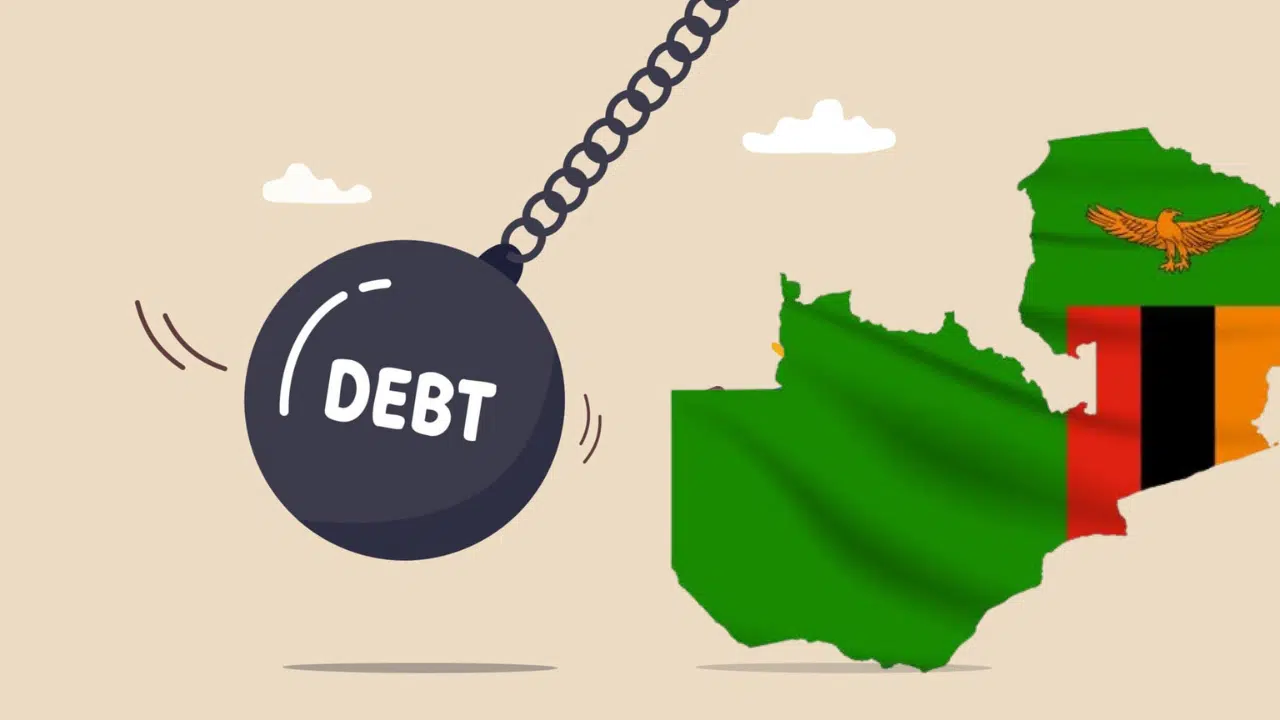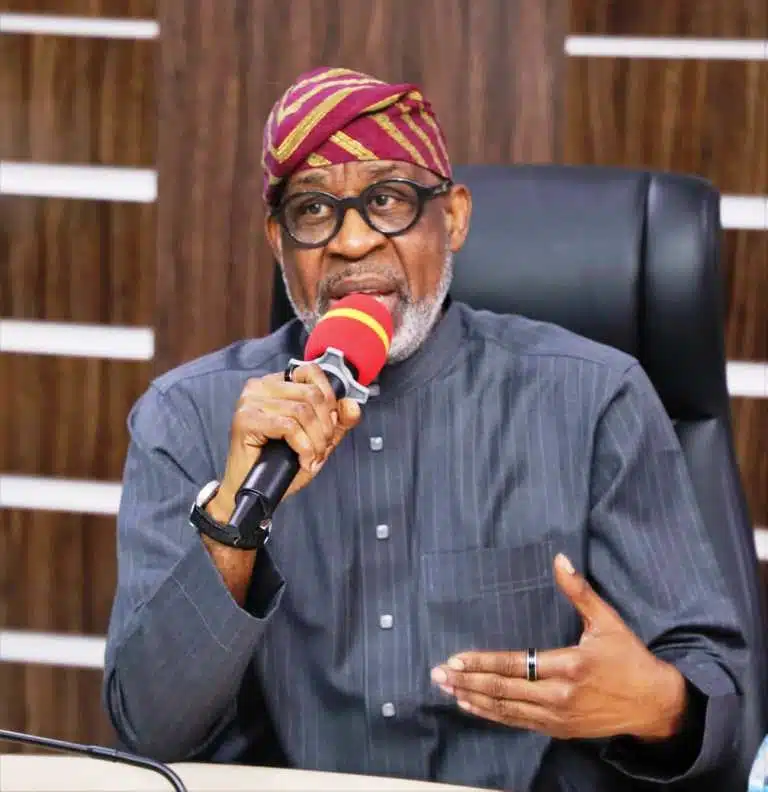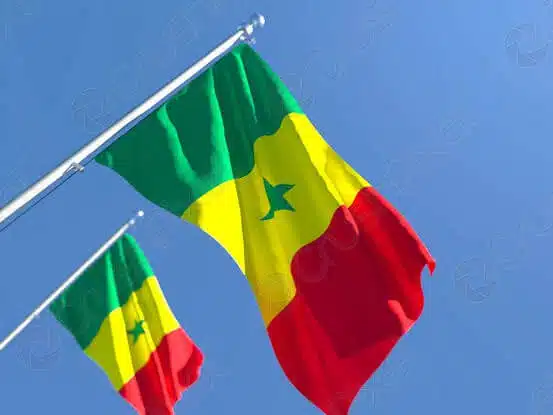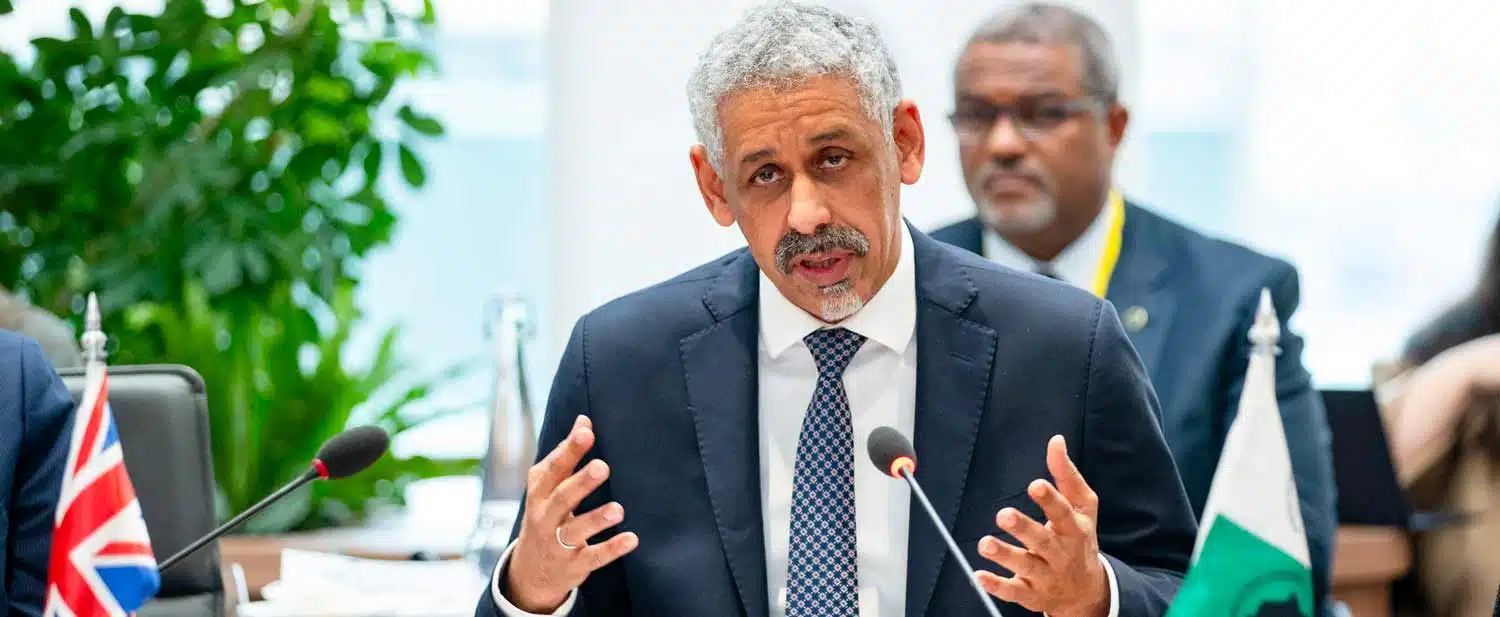Zambia’s efforts to wrap up its protracted debt restructuring have hit a fresh hurdle, as negotiations with two major African lenders—Afreximbank and the Trade and Development Bank (TDB)—remain unresolved.
The country will stay in default on a combined $583 million owed to the two institutions until a deal is reached, finance minister Situmbeko Musokotwane confirmed during the African Development Bank meetings in Abidjan on Tuesday.
That includes at least $543 million to TDB and more than $45 million to Afreximbank.
Zambia’s position, in which it treats both banks as commercial lenders, conflicts with Afreximbank’s insistence on “preferred-creditor status”—a designation that would typically shield it from haircuts in restructurings.
But Lusaka says the decision to treat all commercial creditors equally under the G20-led Common Framework is non-negotiable.
“We have to adhere to the rules agreed upon with all the creditors,” Musokotwane said. “Inasmuch as we would want these African banks to have a preferential status, that’s not our decision… that was the decision of the creditors—all of them.”
Zambia and Ghana are both working through debt restructurings under the Common Framework, an initiative by the G20 aimed at coordinating talks across bilateral, multilateral, and private lenders.
While both countries have reached agreements with official creditors and Eurobond holders, talks with some commercial lenders—particularly regional development banks—are still ongoing.
The impasse could influence how African development finance institutions are treated in future restructurings. Afreximbank Managing Director Chandi Mwenebungu recently told investors that the bank was not part of any restructuring processes in Ghana, Malawi, or Zambia, and that all three countries were current on their obligations.
That, however, contrasts with Zambia’s stance.
“It was agreed that Afreximbank and the Trade and Development Bank do not have preferential status—their lending is more or less commercial,” Musokotwane said, adding that debt service will remain on hold until a restructuring agreement is reached.
The copper producer became the first African country to default on its debt during the pandemic in 2020, after suspending payments on its Eurobonds.
Since then, progress has been slow, with delays driven by complex creditor dynamics, procedural hold-ups, and a shifting global financial environment.
The latest stalemate adds to ongoing uncertainty at a time when the country is still recovering from last year’s drought and addressing broader fiscal challenges.
While there has been headway with bilateral and bondholder agreements, resolving the outstanding issues with Afreximbank and TDB remains critical to bringing the process to a close and rebuilding investor trust.











